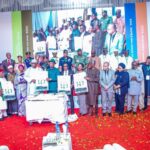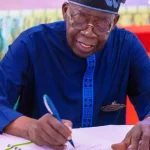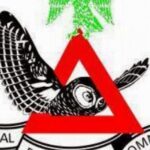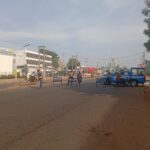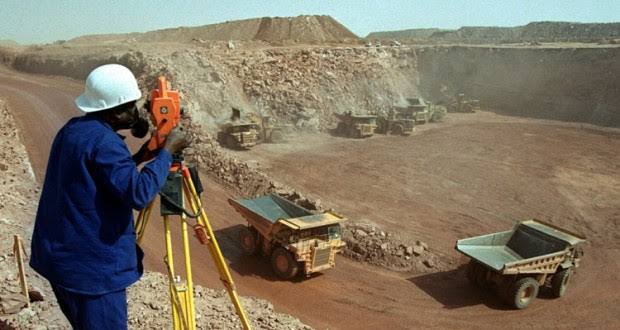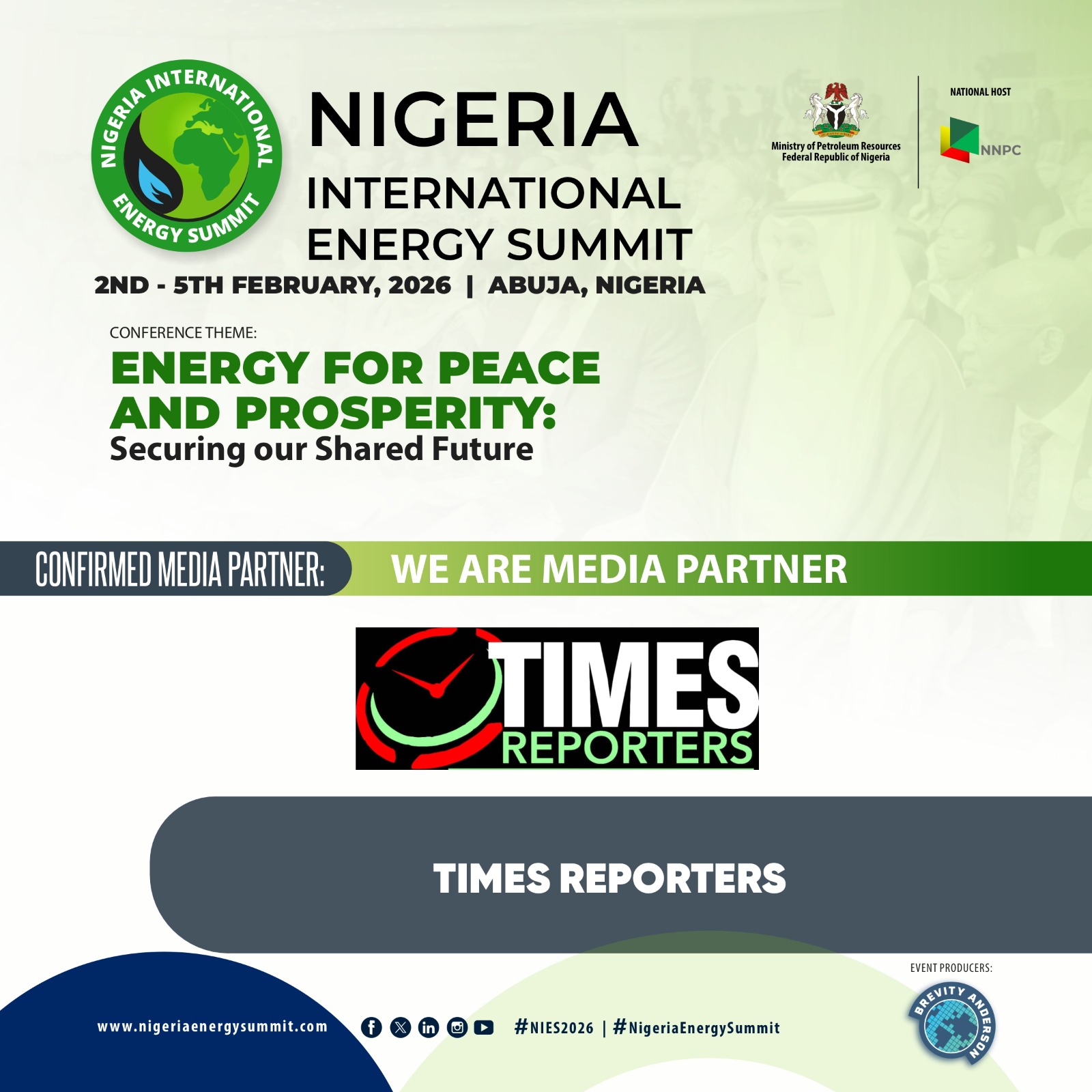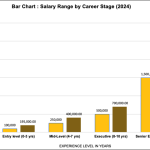By Chidiebere Ugwu
Non-governmental organisations championing the rights of host communities have spoken in favour of an increase in the extraction net value revenue to host communities in the proposed Minerals and Mining Bill 2023, and want the House of Representatives Committee on Solid Minerals to increase proceeds to the communities to 10% instead of five percent proposed in the Bill.
In a memorandum by the Environmental Defenders Network (EDEN), supported by the Renevlyn Development Initiative (RDI), Community Development Advocacy Foundation (CODAF) and the Neighborhood Environmental Watch (NEW) Foundation, the groups said the increase is just in view of the environmental burdens shouldered by host communities.
At the Public Hearing on the Minerals and Mining (Repeal and Re-enactment) Bill, 2023 and the Nigeria Mineral Development Company Limited (Establishment) Bill, 2023 which held in Abuja on Wednesday (July 17), the groups said government should also formalize artisanal and small scale miners so that they can have access to loan facilities and start operating within accepted standards.
The recommendations were presented by Philip Jakpor and Tobias Lenganan Dapam, Board member of Renevlyn Development Initiative.
The memorandum by EDEN proposed that all small scale and artisan miners should be documented in a Miners Register opened and domiciled in the Ministry of Mining/Solid Minerals in the State, local government area headquarters and mining communities.
EDEN also frowned at the excessive powers given in the proposed Bill to the Minister of Solid Minerals in Section 4, which it said should be subject to further review as most of the functions proposed are duplication of what the Ministry of Environment should be carrying out.
For instance, the group questioned Section 4 (u) of the Bill which proposes that the Minister of Solid Minerals shall have the power to designate a mineral as a radio-active mineral and by radioactive regulations make special provisions for the exploration, exploitation, possession, export or otherwise dealing in the radio-active mineral.
Instead, it proposed that the powers of the minister of solid minerals should be shared with other ministries relevant to the subject including environment.
Echoing the same concern, the memorandum by Renevlyn Development Initiative stated that “There is too much concentration of powers in the hands of the minister which should be shared with other ministries or government agencies. For instance, we recommend that the powers conferred on him to establish environmental procedures are shared with other relevant ministries including the Ministry of Environment to avoid duplication or clash of responsibility”.
The group also picked holes in specific items listed which the Bill proposed be included in the Community Development Agreement such as educational scholarships and employment opportunities, countering that the agreement should be flexible enough to allow the host community determine exactly what they want or what they want to use funds they get for as their needs may change depending on situations.
While explaining the intentions of the committee for repealing the former Act, Chairman of the House Committee on Solid Minerals, Hon. Gaza Jonathan Gbefwi said that the Public Hearing is sequel to the Public Policy Dialogue on the Mineral and Mining Act 2007 which held on Monday 12th – Wednesday 13th February, 2024 where participants overwhelmingly demanded a review of the Minerals and Mining Act 2007 to reflect current realities.
He promised that members of the committee will take the recommendations from participants at the hearing into consideration in a final document.


